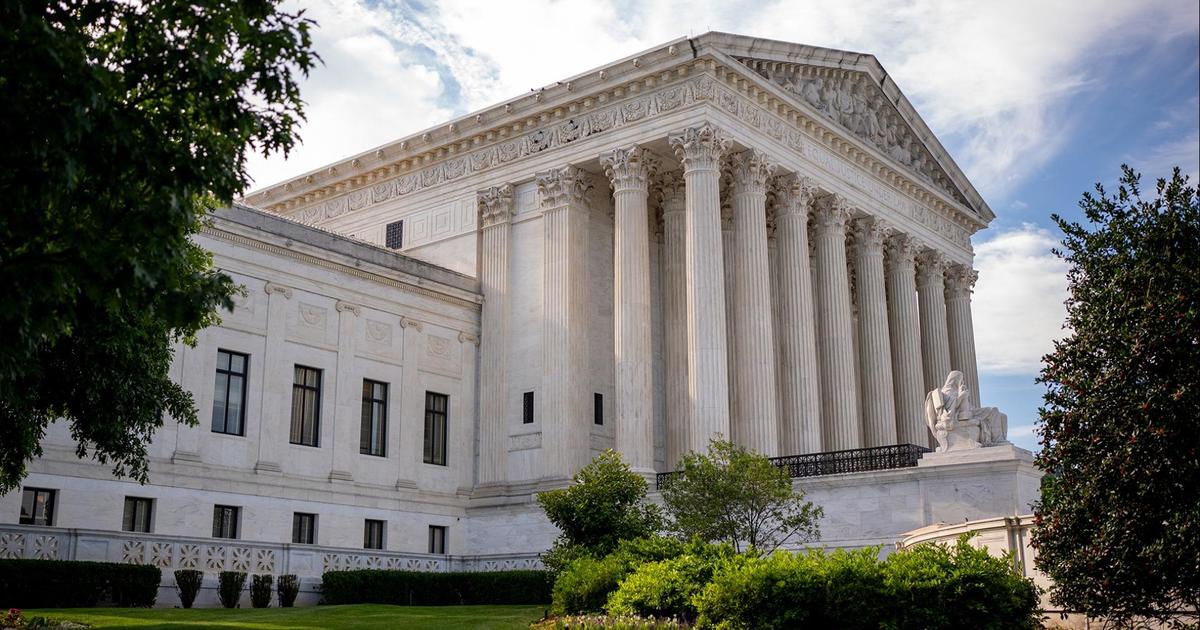The Supreme Court’s decision to consider the constitutionality of Tennessee’s ban on gender-affirming health care for transgender minors marks a significant moment in the ongoing battle for transgender rights in the United States. The case, which will be argued in the next term starting in October, has the potential to have a nationwide impact on the treatment of minors experiencing gender dysphoria.
The Tennessee law in question, known as SB1 and enacted in March 2023, prohibits health care providers from prescribing puberty blockers or hormones to minors in an effort to enable them to identify with a gender identity that is inconsistent with their sex. The law also restricts surgical procedures undertaken for the same purpose. Violators of the law can face civil penalties, professional discipline, and potential civil liability.
The ban was challenged by one transgender girl and two transgender boys, all diagnosed with gender dysphoria, along with a doctor in the state who works with transgender patients. They argued that the law violates the Equal Protection Clause of the 14th Amendment. A federal district court initially blocked the enforcement of the law, finding it likely unconstitutional, but a divided panel of judges on the U.S. Court of Appeals for the 6th Circuit reversed the decision, upholding Tennessee’s law and a similar ban in Kentucky.
The Justice Department and transgender teenagers appealed the case to the Supreme Court, which agreed to take up the challenge. The Biden administration, in its filing with the justices, highlighted the legislative activity in multiple states that has restricted transgender teenagers from accessing medical care based on evidence-based standards endorsed by the medical community. The ACLU, representing the transgender adolescents and their families, emphasized the legal uncertainty surrounding the availability of gender-affirming care for transgender adolescents and the chaos it has created for families and doctors.
On the other side, lawyers for the state of Tennessee argued that hormonal and surgical interventions for minors with gender dysphoria can have serious and potentially irreversible side effects. They contended that the ban on gender-affirming care seeks to protect young Tennesseans from treatments with lifelong consequences until they can fully understand the implications or until the science develops further. The state maintained that the regulation of medical interventions for minors is a matter of public policy and should be determined by elected representatives.
The Supreme Court’s decision in this case could have far-reaching implications, as more than 20 states have enacted laws restricting gender-affirming treatments for minors. This case will provide the Court with an opportunity to directly address the constitutionality of these bans, a topic on which it has not previously ruled. The outcome of the case is likely to impact the lives of transgender minors across the country, as well as the broader legal landscape surrounding transgender rights.
In recent years, the issue of transgender rights has become increasingly politicized, leading to a wave of legislative action at the state level. The Supreme Court’s involvement in this case underscores the complexity and significance of the legal and societal debates surrounding gender identity and healthcare for transgender individuals.
The Supreme Court’s decision to take up this case reflects the gravity of the issues at stake and the need for a clear legal framework to protect the rights of transgender minors. As the Court prepares to hear arguments in the next term, the nation will be watching closely to see how this pivotal case unfolds and what implications it may have for the future of transgender rights in America.









